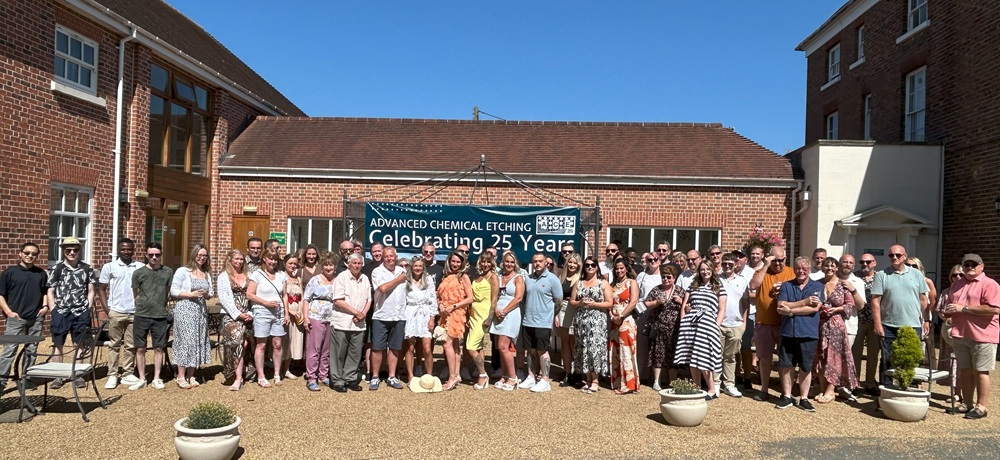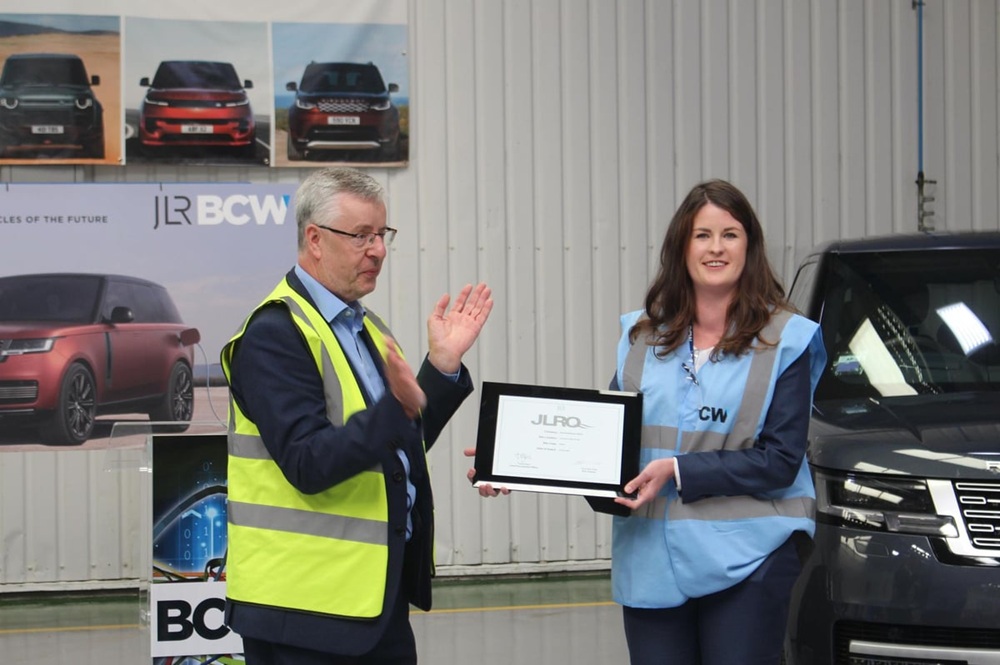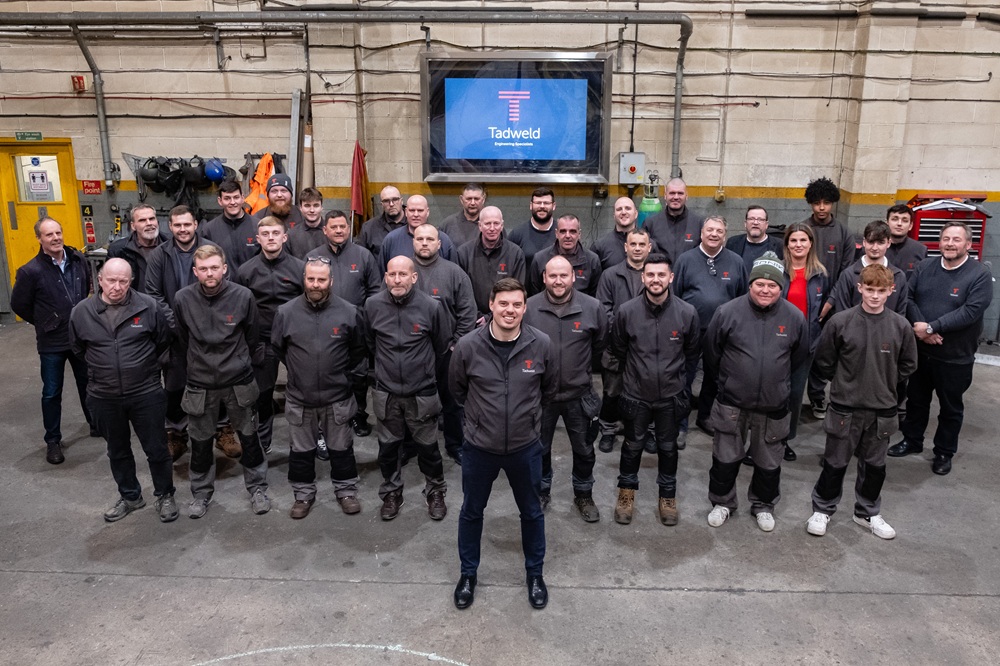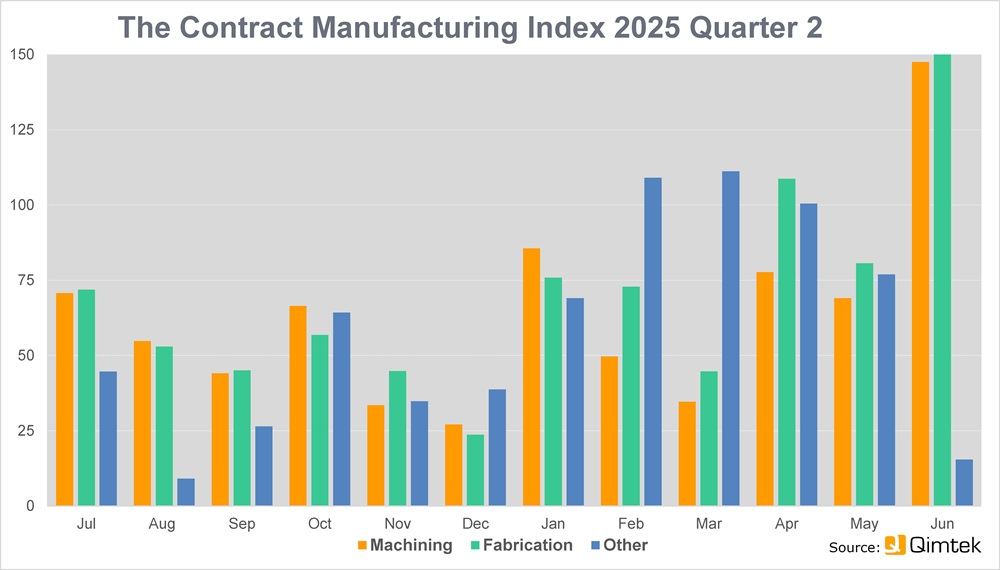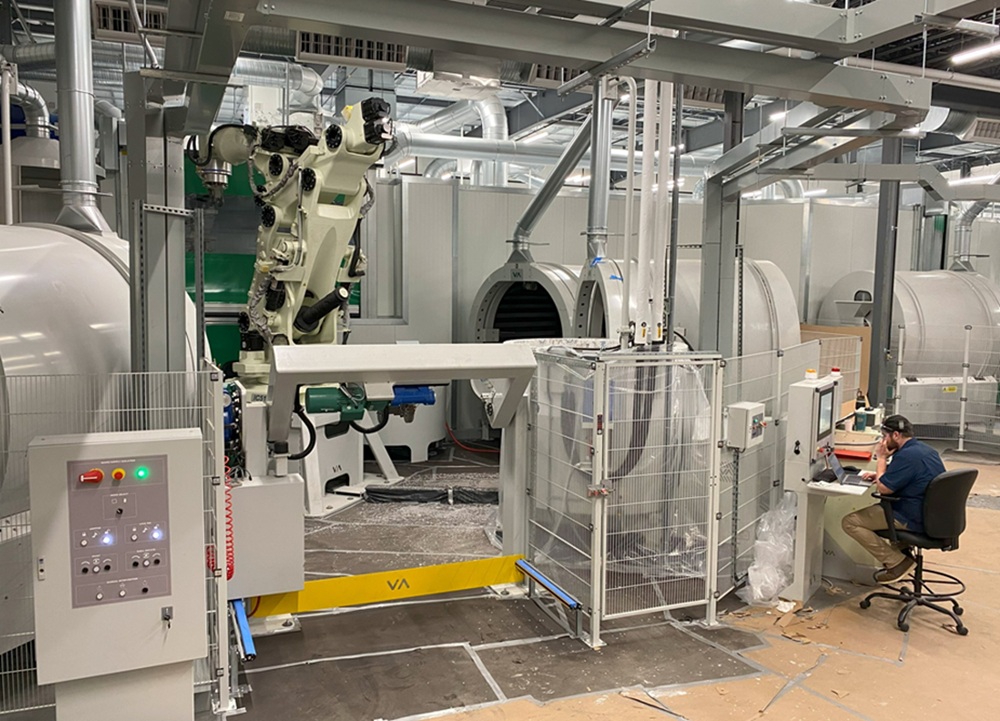A precision manufacturer has celebrated 25 years in business by producing its 150millionth component. The ‘etched’ part, is heading into the world of electrification and is the perfect way for Advanced Chemical Etching (ACE) to mark nearly a quarter of a century of manufacturing in Telford. “We want 2025 to be a real celebration of what the business has achieved and where we want to go over the next 25 years,” says managing director Ian Whateley. “A big summer BBQ took place recently and we’re going to give every one of our 70-strong workforce their birthdays off as a little thank you.”
More information www.ace-uk.net






